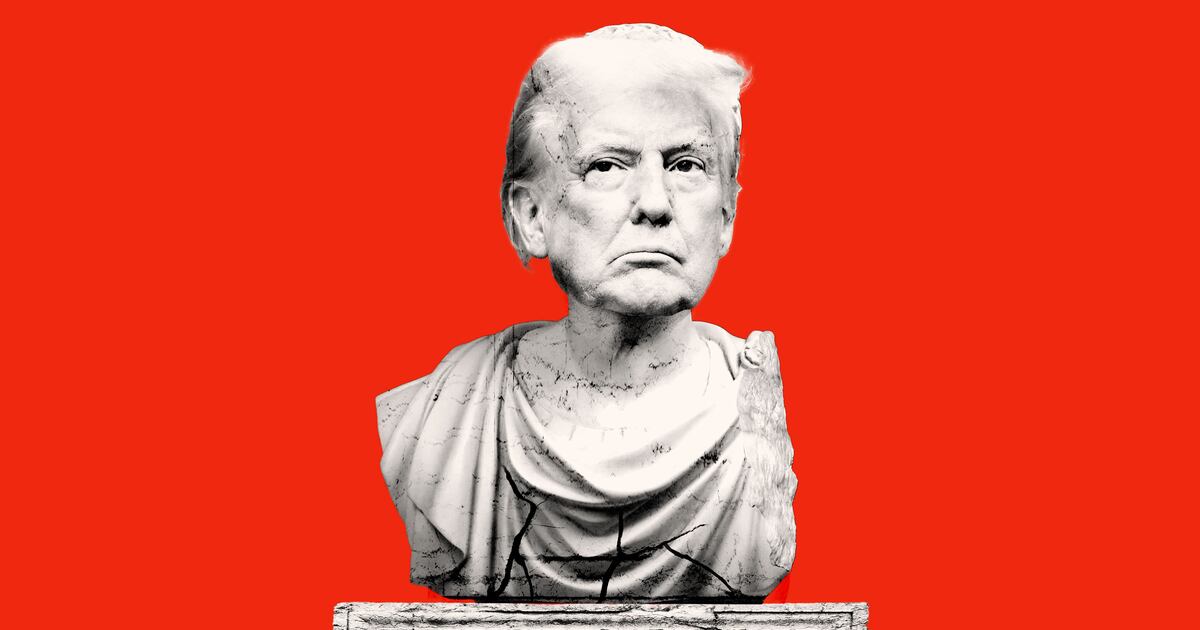In 1998, exactly 20 years before Black Panther, the first Marvel Comics superhero made its theatrical debut. It was the vampire known as Blade. And he was Black.
To be fair, there had been a handful of films based on Marvel properties before this—but 1944’s Captain America was a black-and-white serial film, 1989’s The Punisher and 1990’s Captain America were both direct-to-DVD, 1994’s Fantastic Four was never released, and though it’s a cult classic, the less said about 1986’s Howard the Duck, the better.
Blade was the first Marvel superhero film produced with the intention of honoring the comic book that inspired it. It’s important as well that Blade was a Black superhero, played by Wesley Snipes—one of the most popular Black actors of the time. It’s also worth noting that, due to the juggernaut that is the Marvel Cinematic Universe, Blade has been mostly ignored while Marvel touts Black Panther as the biggest cultural event of the year. Black Panther is a Black superhero film that truly celebrates Black culture and filmmaker Ryan Coogler has delivered a cinematic gift, yes, but the MCU debuted 10 years ago. If Blade was successful enough to spawn two sequels, why are we only now getting a second Marvel film with a Black lead after twenty years?
That a real cultural moment is happening around the release of Black Panther can’t be denied, but it’s still hard for other Black films to be greenlit in Hollywood. We shouldn’t still be waiting for a Storm film, for instance, when she's one of Marvel’s most popular characters. Actors like Taraji P. Henson shouldn’t be saying they’re under-promoted overseas in 2018, like she did during the press tour for her recent film Proud Mary.
“[I’m] begging and pleading my connections and doing whatever I can to make this movie the best it can be. I don’t just put my name on stuff just to say it; I get down and dirty. [Studios] never expect [Black films] to do well overseas. Meanwhile, you go overseas and what do you see? People trying to look like African-Americans with Afros and dressing in hip-hop fashions,” she said. “To say that Black culture doesn’t sell well overseas, that’s a lie. Somebody just doesn’t want to do their job and promote the film overseas. Do you not have people streaming my Christmas specials in Australia? Come on, y’all! I don’t understand the thinking. Send me over there, and if it fails, then we don’t do it again, but why not try? If I knew this movie was gonna make money domestically, I would try to get more money overseas. It’s business!”
Black Panther is indeed projected to be a worldwide behemoth, but is that unexpected? Black culture is au courant all over the globe. Snipes knew this even back in 1998 when he was promoting Blade, as he told Slate’s Aisha Harris this week: “I remember, one of the executives of the studio at the time, in the screening, commented after they did the focus group, and they got back the numbers, and they saw how the numbers was so high, and there was so much appeal for the character and the world, he commented, ‘I don’t understand why people like this.’ There were others who thought that Black people or Black talent in film doesn’t sell internationally, doesn’t sell foreign, doesn’t sell in Japan. Blade comes out, and it blows up in Japan, despite the fact that the lead is a Black guy. These were testaments to the lack of cultural awareness, intelligence about the world itself, the global landscape, and the appeal that African American culture has around the world.”
The Blade franchise should be every bit entrenched in the cultural conversation when the director of its sequel, Guillermo del Toro, is currently in the midst of an Oscar campaign for his latest film The Shape of Water. Del Toro’s involvement in Blade II shows how the studio system once tried to enliven a franchise with a director possessed of an exciting vision, and we have now returned to that point with superhero films like Black Panther, which stand out amongst the deluge of superhero sagas.
It wasn’t just Blade that became a phenomenon, but the Guillermo del Toro-helmed Blade II may even surpass it. It was a franchise that proved that with a bankable star, a director with flair, and a compelling script you could combat Hollywood’s fear that films don’t sell with Black stars. The legacy of Blade is such that the Marvel Cinematic Universe would do well to continue to cultivate Black films like Black Panther. We’ve moved past the point when moments like this should be cultural events, but when they’re separated by two decades, how can they not be? When will we reach a time where an entire cinematic universe is built around Black stories instead of them merely supporting an already-existing franchise?






